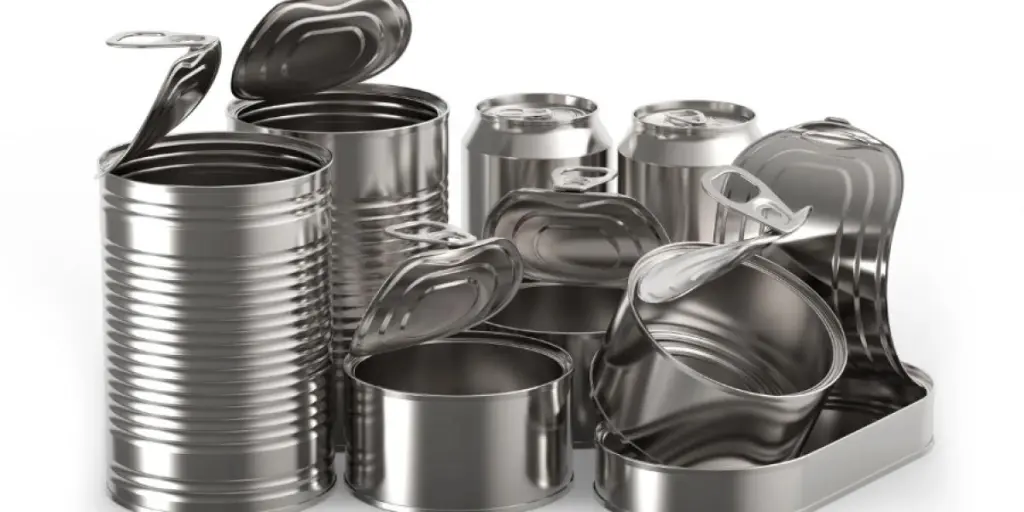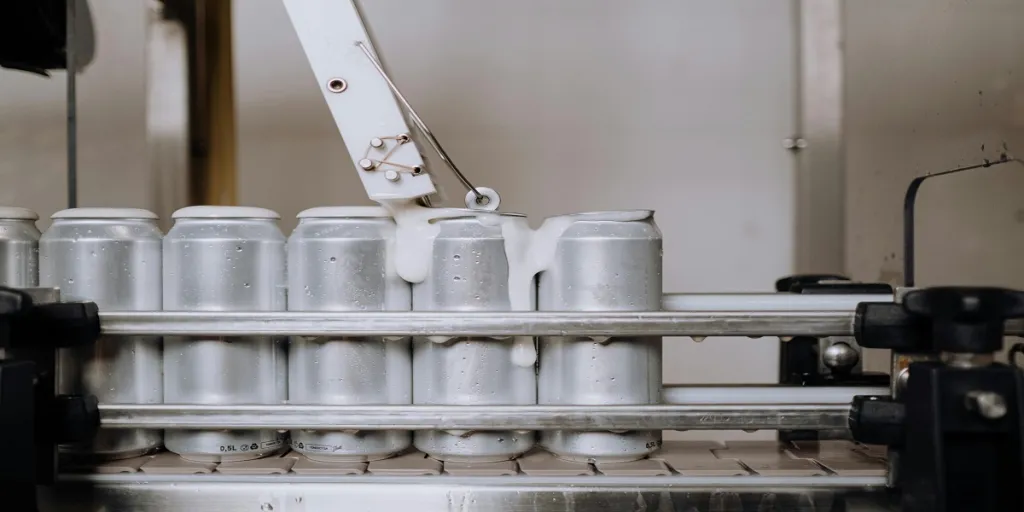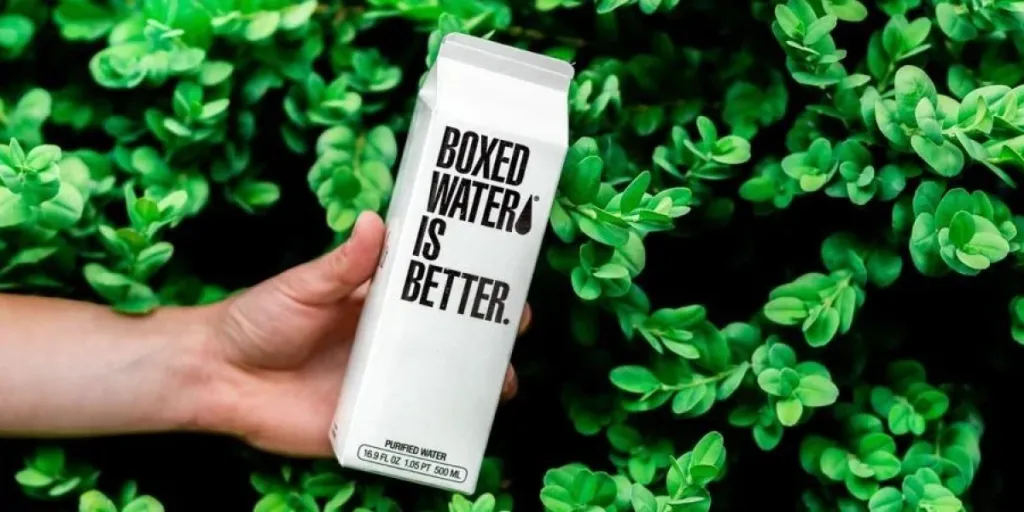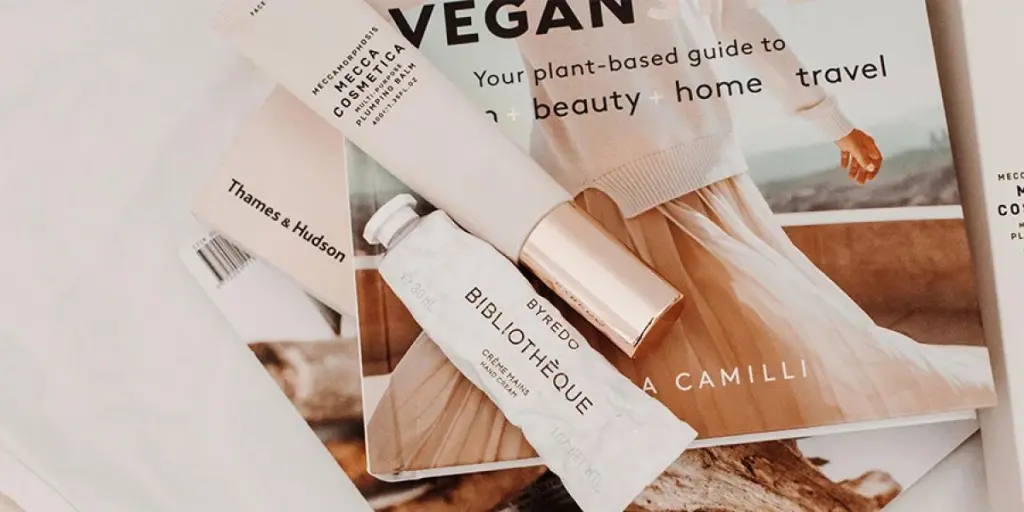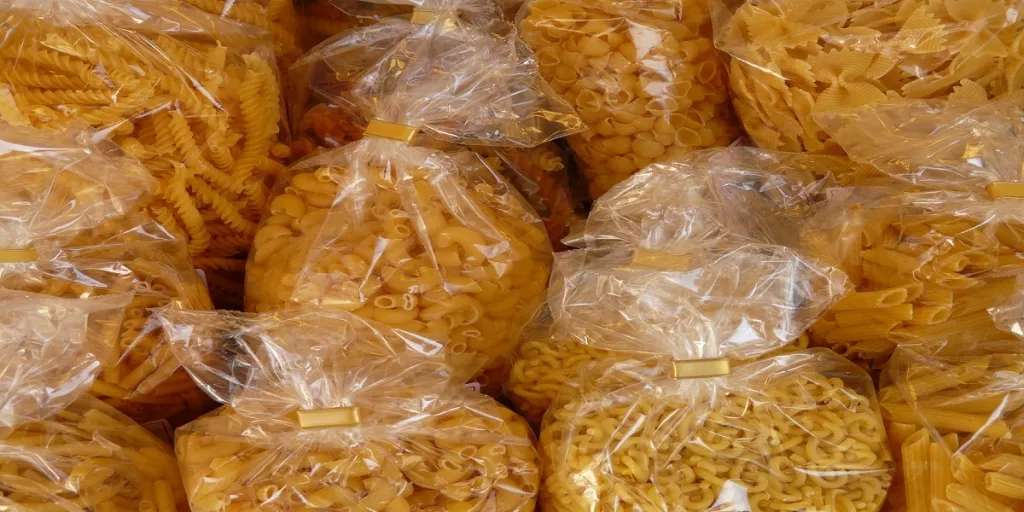Metal packaging provides a lot of benefits for various manufacturers and businesses. Depending on their product type, they use this packaging for long-term and short-term purposes. However, many enterprises struggle to choose the proper metal packaging for their products.
In this article, we will provide all the valuable tips and information on selecting the right packaging option for different needs. Keep reading to learn how to make an informed decision about the right metal packaging for your products.
Table of Contents
A surge in demand for metal packaging
5 tips for selecting metal packaging
Types of metal packaging
Conclusion
A surge in demand for metal packaging
The rate of demand for metal packaging has been rising and is projected to climb higher in the years to come. In 2020, the global metal packaging market value was $108.8 billion, and the figure is projected to reach $147.4 billion by 2030, growing at a CAGR of 3.1%.
The key factor leading to the huge need for metal packaging is the growth of the food and beverage industry. Popular packaging options in the food and beverage market include metal cans for a variety of products like beer, soda, and energy drinks. Organic food manufacturers also like to use metal packaging to keep their products.
Reusable and recyclable metal cans have helped increase the use of metal packaging globally. The increasing practicality of metal packaging for pharmaceutical product storage is also a major contributor to market growth.
5 tips for selecting metal packaging
Intended use
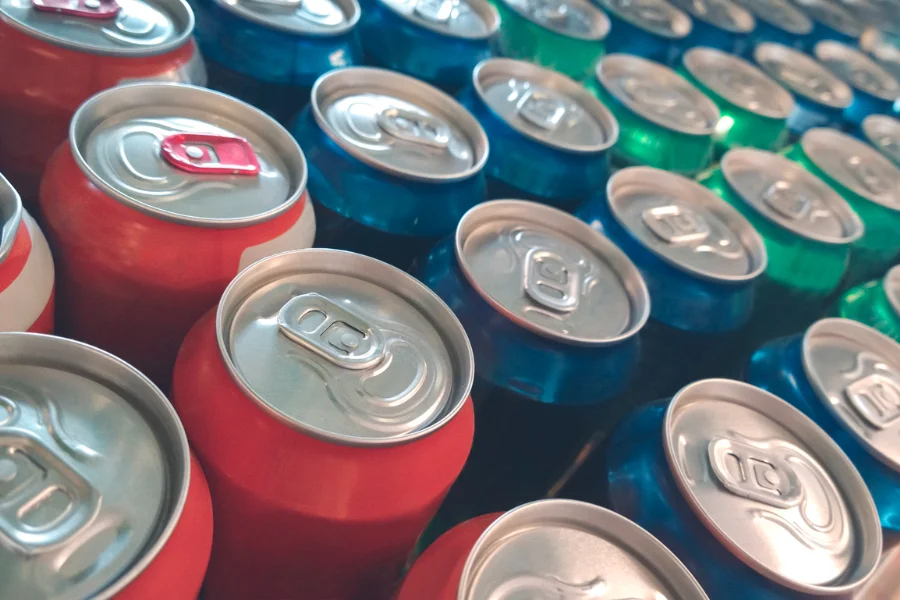
Before picking the metal packaging, businesses should consider how they plan to use it. There are so many uses for metal packaging. For instance, one can use beverage cans, especially aluminum cans, to package wine, beer, or sparkling soda. Aerosol cans package hair spray, deodorants, or air fresheners.
Other uses of metal packaging include canned foods, paint cans, and lotion tubes. Therefore, depending on what the business deals with or produces, they can select the right packaging appropriately.
Tamper-evident seals
Metal packaging with tamper-evident seals is also crucial for businesses. Tamper-evident seals are a type of security feature used in metal packaging to prevent tampering or unauthorized access. They have a design that helps show signs of tampering if the package has been opened or accessed, such as a “void” or “opened” message.
Tamper-evident seals usually consist of a sealant or adhesive that can be applied to the package to create a tamper-proof seal. Additionally, some tamper-evident seals offer an added security feature, such as a personalized message or logo, to provide an extra layer of protection and make it more difficult to copy the seals.
Metal material
Businesses can use different metal materials for packaging, including aluminum, steel, tin, and copper. Aluminum is lightweight and can make seamless cans for soft drinks. Steel packaging suits canned goods and processed foods. Tin is malleable and makes cans and containers. Copper is corrosion-resistant and can be used for food and beverage packaging.
Size and capacity
Businesses can choose from various sizes and capacities for their metal packaging. The size and capacity depend on the products being packaged and the business needs.
Smaller containers, such as cans, can contain from 200 g to 5 kg, while larger containers, such as drums and boxes, can host from 5 gals to 65 gals. Additionally, businesses can choose from various capacities, such as 100 ml, 500 ml, 1 l, 5 l, or 250 l.
Metal closure type
Businesses can choose metal packaging based on the metal closure type. There are several types of metal packaging closures that businesses can use to seal and secure their products.
They include:
– Screw caps: They are perhaps the most common type of metal packaging closure. They consist of a threaded metal cap tightened onto the neck of the container using a screwing motion.
– Snap-on caps: They have a simple design consisting of a cap that snaps on the neck of the container. They are prevalent for products meant for frequent use because they are easy to open and close.
– Press-on caps: They consist of a cap pressed on the neck of the container creating a tight seal. Press-on caps work best for products that require little security and will be used relatively frequently.
– Lug caps: They are similar to screw caps but have a tag to secure the lid. They are used in products for shipping overseas or those that require long-term storage.
Therefore, businesses can pick metal packaging based on the closure types specified above.
Types of metal packaging
We have mentioned above that one of the tips for selecting metal packaging is the metal material. Here are the most common ones and their advantages and disadvantages.
Aluminum
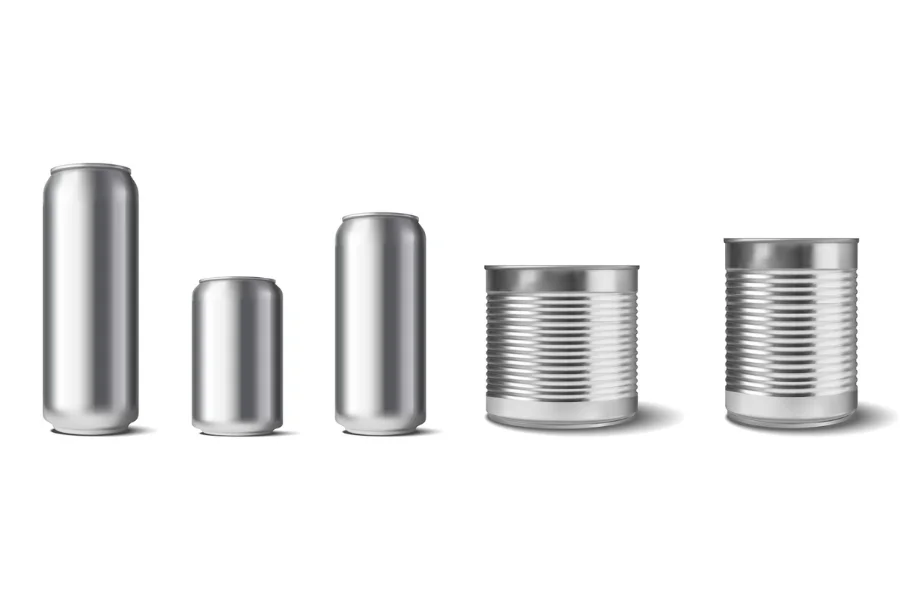
Aluminum is one of the most common metal materials used in packaging. It is a strong and lightweight material. Businesses producing food and beverages and aerosol spray cans use aluminum packaging for their products.
Pros
– Easily recyclable, making it a good choice for environmentally-conscious consumers
– Great barrier to oxygen and moisture
Cons
– Relatively expensive to produce
– Prone to dents and scratches
Steel
Steel is a strong and durable material commonly used for packaging heavier items. Steel packaging is used for packaging canned food, paint, and aerosol spray.
Pros
– Relatively inexpensive to produce
– Good barrier to oxygen and moisture
Cons
– Prone to rusting if not correctly treated or coated
Tin
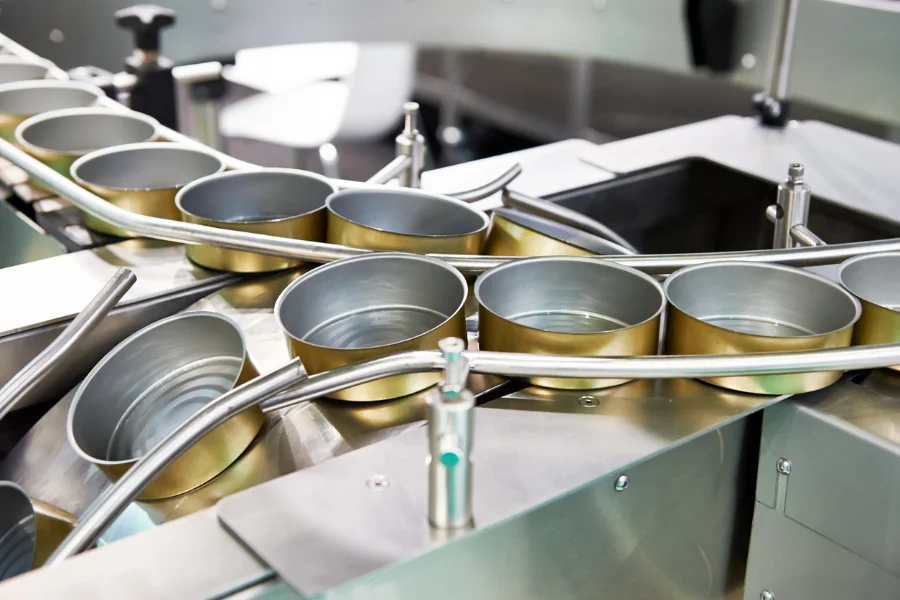
Tin is a non-toxic material, so it is suitable for packaging food. On top of that, tin is suitable for packaging soft drinks, as well as pharmaceutical and cosmetic products.
Pros
– Tin plating improves its corrosion resistance
– Durable and can be easily made into different shapes and sizes
Cons
– More expensive to produce than pure steel
– Its opacity prevents consumers from seeing inside
Conclusion
By carefully evaluating these factors and considering the pros and cons of each kind of metal packaging, it is possible to choose the right metal packaging for a particular product.
Read more on how to choose a reliable packaging manufacturer here.
